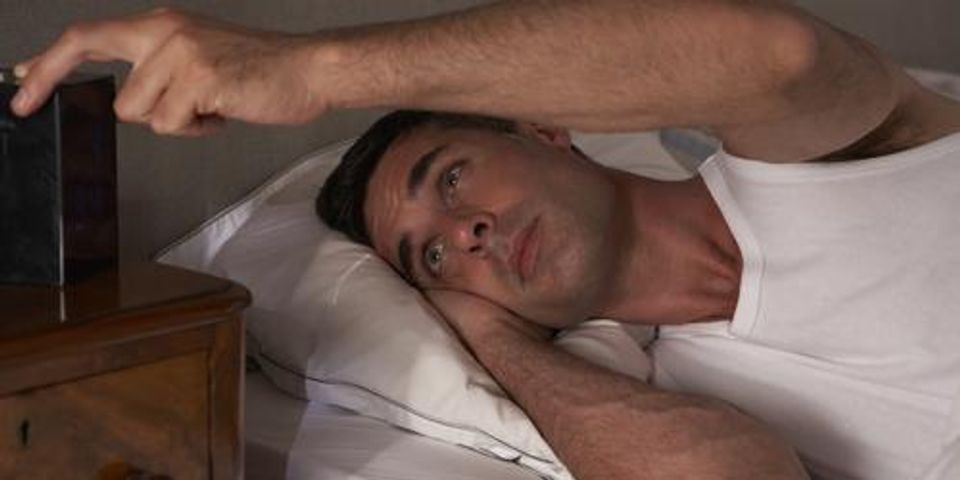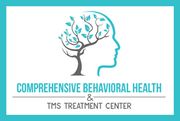Behavioral Health Clinic Lists 3 Little-Known Facts About Insomnia

Insomnia is a sleep disorder characterized by two main symptoms: trouble falling asleep and staying asleep. Most people experience sleeplessness on occasion, but insomnia is a clinical condition that occurs alongside other behavioral health issues. According to the Substance Abuse and Mental Health Services Administration, common co-occurring disorders include depression, anxiety disorder, post-traumatic stress disorder, and substance use disorder. Below, the compassionate team at Comprehensive Behavioral Health in Fishersville, VA, shares a few more facts about insomnia that may surprise you.
3 Facts You Didn’t Know About Insomnia From a Behavioral Health Care Provider
1. Some People Are Predisposed to the Condition
Unfortunately for some, practicing good sleep hygiene is not enough to ward off insomnia. Researchers have found at least seven risk genes for insomnia. These findings are groundbreaking because they prove the condition is not entirely psychological.
2. Medication Is Not the Answer—But Meditation Could Be
 Sleeping pills may provide immediate, temporary relief for those suffering from insomnia, but they are not a sustainable solution for managing the condition in the long run. Not only do they fail to address the root of the problem, but they are also habit-forming and may cause several negative side effects. Sleeping pills are such a short-term solution, in fact, that experts do not recommend taking them for more than seven to 10 days.
Sleeping pills may provide immediate, temporary relief for those suffering from insomnia, but they are not a sustainable solution for managing the condition in the long run. Not only do they fail to address the root of the problem, but they are also habit-forming and may cause several negative side effects. Sleeping pills are such a short-term solution, in fact, that experts do not recommend taking them for more than seven to 10 days.
However, researchers did find that mindful meditation can restore healthy sleep patterns. In a 2014 study, scientists had subjects suffering from chronic insomnia meditate for eight weeks. When compared to the control group, those who practiced mindful meditation reported higher remission rates and much better sleep.
3. Small Factors Can Make a Big Difference
Everything from the temperature of your bedroom to the firmness of your pillow can improve or worsen the symptoms of insomnia. Sleep.org reports that the ideal bedroom temperature is between 60 and 67 degrees Fahrenheit. The best pillow and mattress type, on the other hand, varies from person to person. The factors that determine what kind of mattress you should be sleeping on include your age, weight, and favorite sleep position.
If you suffer from insomnia and want to find relief, turn to Comprehensive Behavioral Health. Based in Fishersville, VA, their psychiatrists and doctors are proud to treat a wide range of mental and emotional disorders. You can learn more about their compassionate providers by visiting their website. To make an appointment and discuss your health concerns with a behavioral health care provider who will listen, call (540) 688-2646.
About the Business
Have a question? Ask the experts!
Send your question

